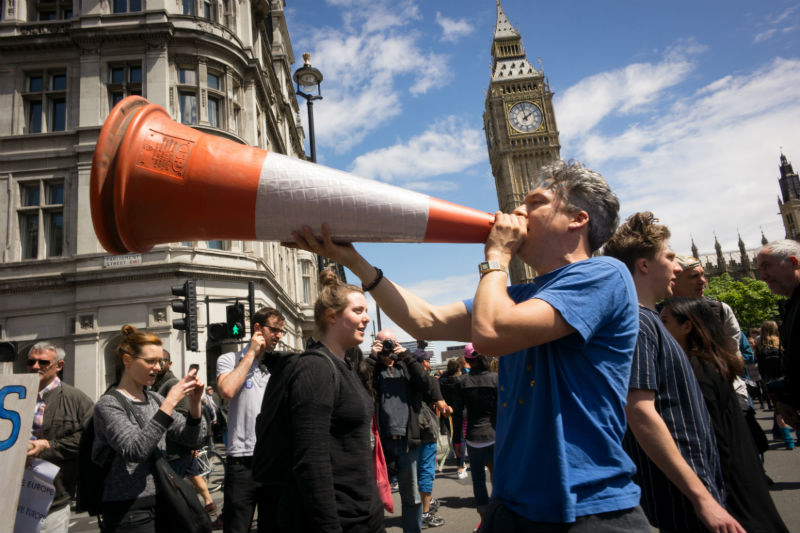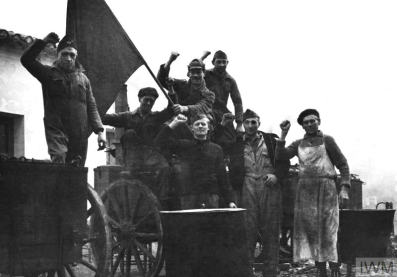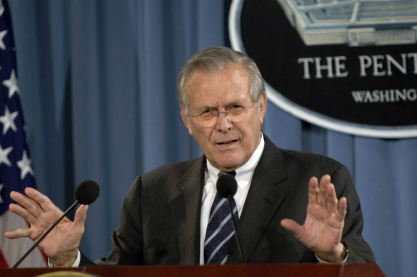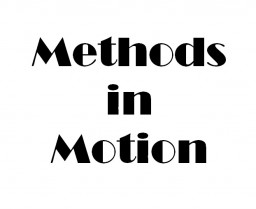
In the immediate aftermath of the UK referendum I felt that the result had undermined my last 20 years of research and teaching. What had been the point, I wondered, of trying to offer resources with which to think when the result appeared to reflect the priority of visceral feelings over thought, and to privilege authenticity (who is speaking) rather than expertise (the authority of facts and evidence). And, if what you speak is dismissed as being politically correct, how can you speak? What’s your discursive armoury when language itself has been corrupted?
I got over this, of course. But Brexit, Trump and the rise of populist political parties challenge the capacity of researchers to offer responses to the current political condition. One challenge in particular is that of holding on to methods that illuminate complexity. The referendum produced an awareness of social divisions and disenchantments, but these were collapsed into simplifying binaries: hard or soft, in or out, authentic or false, with us or against us. Complexity and nuance – the stuff in trade of good social science research – has little place in such a world.
How might researchers respond? Firstly, I think, we need to avoid using methods that categorise people into a set of boxes. Surveys and ‘vox pop’ interview encounters raise some of the same methodological questions as the referendum itself. They imply a singular subject, capable of holding only one set of beliefs or attitudes. And they are non-dialogic, thus erasing ambiguity and doubt from the research encounter. We have, I think, a responsibility to tell the complicated stories that challenge the depth of division that Brexit produced rather than replicate it: to show, for example, the resilience of cross-national allegiances in the face of narratives based on the hegemony of little nationalisms, the extent of empathy for ‘different’ others, or the counterfactual arguments capable of puncturing the myths promulgated by Trump, Farage and others.
A second problem concerns time. The shock waves of Brexit are by no means over: the process is iterative rather than linear, with new ‘events’ disrupting the possibility of coherent analysis. This is precisely what happened when the journal Critical Policy Studies invited John Clarke and I to write up a conference paper. When we began, the focus was still on the referendum campaign. By the time it was sent out for review, however, the debate had moved on to hard v soft Brexit, or the parlous state of democratic party politics. Although we had taken temporality itself as a central theme, our approach – a form of conjunctural analysis that tried to align different temporal forces and movements and show how they were unevenly stitched together – does not necessarily solve the question of how to write about such a rapidly moving field. Others – such as Mishra in Age of Anger – have attempted to offer ‘grand theories’ which, while helpful, raise the problem of whether research should be oriented to illustrating a pre-given, universalising theory or to offering a richer empirical account.
A third question concerns our role in teaching. Brexit and Trump have amplified particular discursive frames: political correctness, expertise, liberalism, identity politics, globalisation. All serve as condensates for the mobilisation by the political right of dangerous ideas such as white strength, greatness, control, the people and the ‘other’. Such frames serve to disrupt or change the meaning of words, selectively amplifying some meanings and discarding others. Theresa Mays’ pronouncement ‘if you are a citizen of the world you are a citizen of nowhere’ neatly reasserts the necessity of national belonging, shoring up ‘common-sense’ meanings and disrupting citizenship as a discursive resource for strategies of resistance and dissent.
A final challenge is public engagement. In a world apparently hostile to expertise, in which the academy needs to find new sources of authority and legitimacy, who might our allies be? We could perhaps look for inspiration to some of the social or political groups challenging the dysfunctional consequences of Brexit through the mobilisation of new solidarities. HOPE not hate, for example, monitors the rise of right-wing groups across Europe and the US but also conducts intense ethnographic research in divided neighbourhoods; while We Are The 48 and local pro-Europe groups offer alternative identifications. Such groups offer resources for engaging with a post-Brexit world, of renewing our ‘openness’ mission while – of course – holding on to our distinctive strengths in conducting rigorous research and first-rate analysis.
Methods In Motion
The Methods in Motion blogs are by researchers linked to the Centre for Citizenship, Identities and Governance. The blogs represent their opinions emerging from research in progress, and do not necessarily represent the views of the Research Centre or Open University. You can discover more about Methods in Motion on the CCIG website.





Rate and Review
Rate this article
Review this article
Log into OpenLearn to leave reviews and join in the conversation.
Article reviews